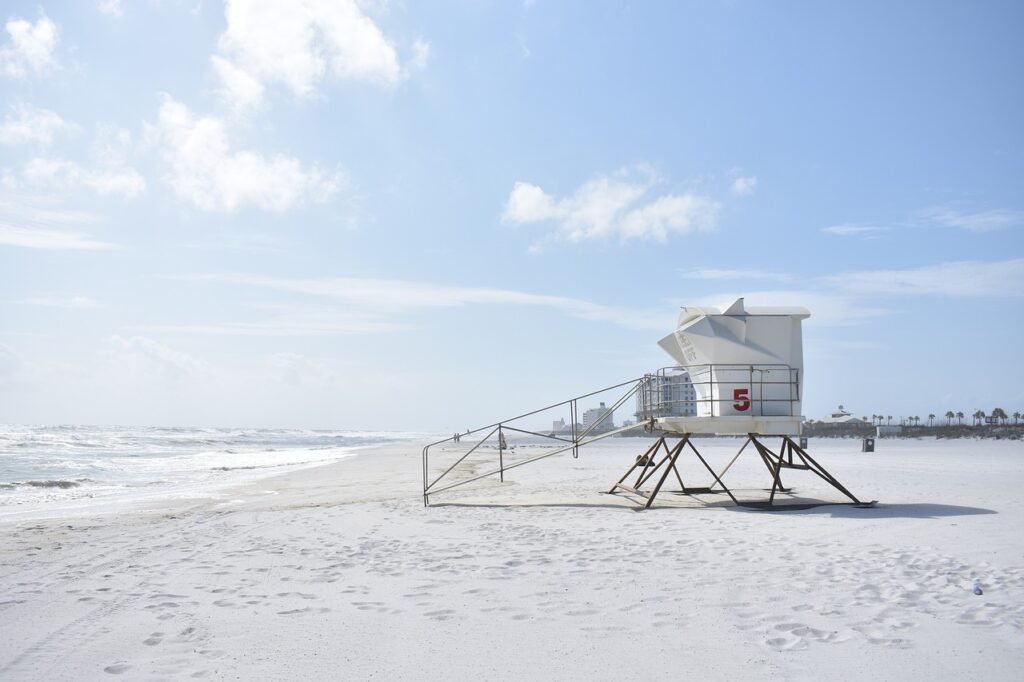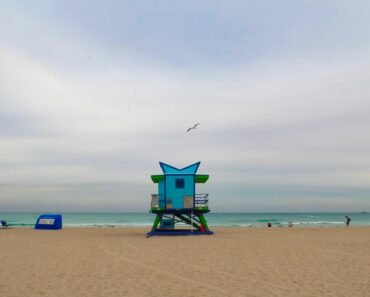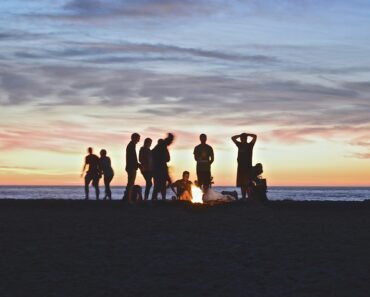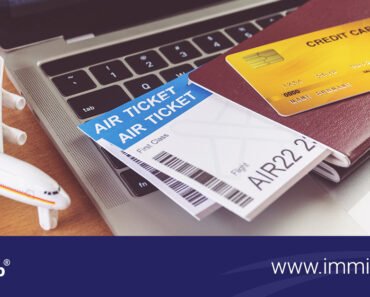Have you ever found yourself panicking about food safety while planning an upcoming trip? Traveling brings a host of delightful, culinary adventures. From local street food to fine dining, the excitement can quickly turn sour if you fall victim to food poisoning.
Over the years, I’ve picked up a few essential tips to keep your stomach safe and your travels enjoyable. Let’s dive into the best strategies to avoid food poisoning on your next adventure.

This image is property of pixabay.com.
Understanding Food Poisoning
To fully comprehend how to avoid food poisoning, it’s useful to understand what it actually is. Food poisoning is a common, yet distressing and sometimes life-threatening, problem for millions of travelers. It’s caused by consuming contaminated food or drinks and is linked to a variety of unwanted guests like bacteria, viruses, and parasites.
Common Symptoms
Most people experience symptoms like nausea, vomiting, diarrhea, and stomach cramps. These can set in within a few hours or days after consuming contaminated food. Knowing this, you can better manage your risks and recognize early signs if something goes wrong.
Who’s Most at Risk?
Everyone can be affected by food poisoning, but certain groups are more vulnerable. Young children, pregnant women, the elderly, and individuals with weakened immune systems should be even more cautious. Keeping everyone in your travel group safe should be a priority.
Tip 1: Do Your Research
Understanding the culinary landscape of your destination is a fantastic first step in preventing food poisoning. Before you set off, do some research on local food safety practices. Knowing what dishes or ingredients are commonly associated with foodborne illnesses can save you a lot of hassle.
Local Reputation
Online travel forums, reviews, and food blogs can provide invaluable insight into the safety standards of local eateries. Pay attention to comments regarding cleanliness and food safety. Here’s a simple table showing platforms where to find reliable reviews:
| Platform | Type of Information |
|---|---|
| TripAdvisor | Restaurant reviews, hygiene tips |
| Yelp | Local dining experiences |
| Lonely Planet | Travel forum insights |
| Food Blogs | Personal experiences and tips |
Seasonal Considerations
Some regions have specific food safety issues related to seasons. For instance, in tropical climates, food spoils faster during hotter months. Knowing these seasonal hazards allows for better planning and safer eating choices.
Tip 2: Choose Safe Food and Water
One of the fundamental rules for avoiding food poisoning is to be very selective about what you eat and drink. Understanding what’s safe and what’s not can largely depend on your destination.
Street Food
Street food might be tempting with its tantalizing aromas and flavors. But exercising caution is essential. Opt for stalls with long queues and quick food turnover. These vendors are likely to serve fresher food.
Bottled Water and Sealed Beverages
Always drink bottled water and ensure the seal is intact before opening. Tap water in many regions may not meet the safety standards you’re accustomed to. Likewise, be cautious with drinks served with ice, as the ice might be made from unsafe tap water.
Temperature Matters
Pay attention to the temperature at which food is served. Hot food should be piping hot, and cold food should be chilled. Buffet meals can be particularly risky if the food is allowed to sit out too long. Using a food thermometer might be impractical while traveling, but general vigilance can go a long way.
Tip 3: Practice Good Personal Hygiene
Cleaning your hands thoroughly and often is probably the simplest and most effective method to prevent foodborne illnesses. When traveling, it can sometimes be challenging to find soap and clean water, but there are various ways to maintain good hygiene.
Hand Sanitizer
Carrying a small bottle of hand sanitizer can be a lifesaver. Use it before meals and after handling money, as currency can harbor bacteria and germs. Here’s a quick checklist to help you pack:
| Essential Hygiene Items | Purpose |
|---|---|
| Hand Sanitizer | Kills germs when soap isn’t available |
| Wet Wipes | Quick clean-up before eating |
| Travel Toilet Paper | Handy for hygiene in remote areas |
Avoiding Touching Your Face
It’s surprisingly easy to unconsciously touch your face, increasing your risk of transferring germs. Making a conscious effort to keep your hands away from your mouth, nose, and eyes can lessen this risk.

This image is property of pixabay.com.
Tip 4: Be Mindful of Food Preparation
Being aware of how your food is prepared can significantly reduce risks. This tip might require you to take a more proactive role in selecting and inspecting your meals.
Eat Freshly Cooked Meals
Prefer meals that are prepared fresh in front of you. Steer clear of pre-prepared dishes that have been sitting out. Freshly cooked food is less likely to harbor bacteria.
Observe the Kitchen
When possible, opt to eat at places where you can see the kitchen. A clean, well-organized kitchen is a good indication that the food will be handled properly. Some establishments even have open kitchens, allowing you to observe their standards and procedures.
Ask Questions
Don’t hesitate to ask how dishes are prepared or whether certain ingredients are fresh. Most restaurants appreciate customers who care about food safety, and staff should be willing to provide reassurance.
Tip 5: Trust Your Instincts
When it comes to avoiding food poisoning, trusting your instincts can play a significant role. Your body often gives you signs when something doesn’t feel right.
Signs to Watch
If the smell, taste, or appearance of food seems off, it’s better to skip that meal. Your senses of smell and taste are remarkably good at identifying spoilage and contamination, even if you don’t immediately realize it.
Avoid Being Polite Over Safety
Cultural etiquette can sometimes put you in awkward situations where refusing food might seem impolite. However, prioritizing your health is more important. Politely explaining food sensitivities or dietary restrictions can be a graceful way to avoid risky food without offending your host.

This image is property of pixabay.com.
Emergency Measures
Sometimes, despite all precautions, food poisoning can still strike. Being prepared with an action plan can mitigate the discomfort and danger.
First Aid Kit
A well-stocked first aid kit can provide immediate relief. Essential items include:
| First Aid Item | Purpose |
|---|---|
| Oral Rehydration Salts (ORS) | Replenishes lost fluids and electrolytes |
| Anti-Diarrheal Medication | Controls diarrhea symptoms |
| Activated Charcoal Tablets | Absorbs toxins |
| Pain Relievers | Reduces fever and pain |
| Thermometer | Monitors body temperature |
Know When to Seek Help
Mild food poisoning can typically be managed with rest, fluids, and over-the-counter medication. However, severe symptoms like high fever, dehydration, prolonged vomiting, and bloody stools require medical attention. Familiarizing yourself with local healthcare facilities can save critical time if you need urgent care.
Travel Insurance
Having travel insurance that covers medical emergencies can be a lifesaver. It’s worth investing in a good plan that includes coverage for foodborne illnesses and medical evacuations if needed.
The Joy of Safe Eating
Eating safely doesn’t mean you have to forego all pleasures of local cuisine. In fact, by following these tips, you can savor your journey’s culinary delights with peace of mind. From bustling street food markets to elegant restaurants, a little vigilance goes a long way in ensuring that you bring home only fond memories and not a foodborne ailment.
Enjoying Local Cuisine
Part of the thrill of travel is immersing yourself in local traditions, including food. Trying new dishes and ingredients is an essential aspect of discovering a culture. With careful planning and mindful eating, this unique exploration can be fully experienced without compromising your health.
Sharing Experiences
Feel free to share these tips with your fellow travelers. A collaborative approach towards food safety can help everyone enjoy the trip without unnecessary interruptions. Discussing meal plans and potential risks as a group can also be beneficial.
Conclusion
Traveling presents an exciting opportunity to expand your culinary horizons, but it also demands a responsible approach to food safety. By researching your destination, choosing safe food and drink, maintaining personal hygiene, being mindful of food preparation, and trusting your instincts, you can significantly reduce the risk of food poisoning.
Remember, the key to a successful trip is not only in the destinations you explore but also in how you care for yourself along the way. With these top 5 tips, you’re now better equipped to avoid food poisoning and ensure your travels are enjoyable and memorable for all the right reasons.
Isn’t it amazing how a few simple precautions can keep your adventure smooth and delightful? Safe travels, and happy eating!





